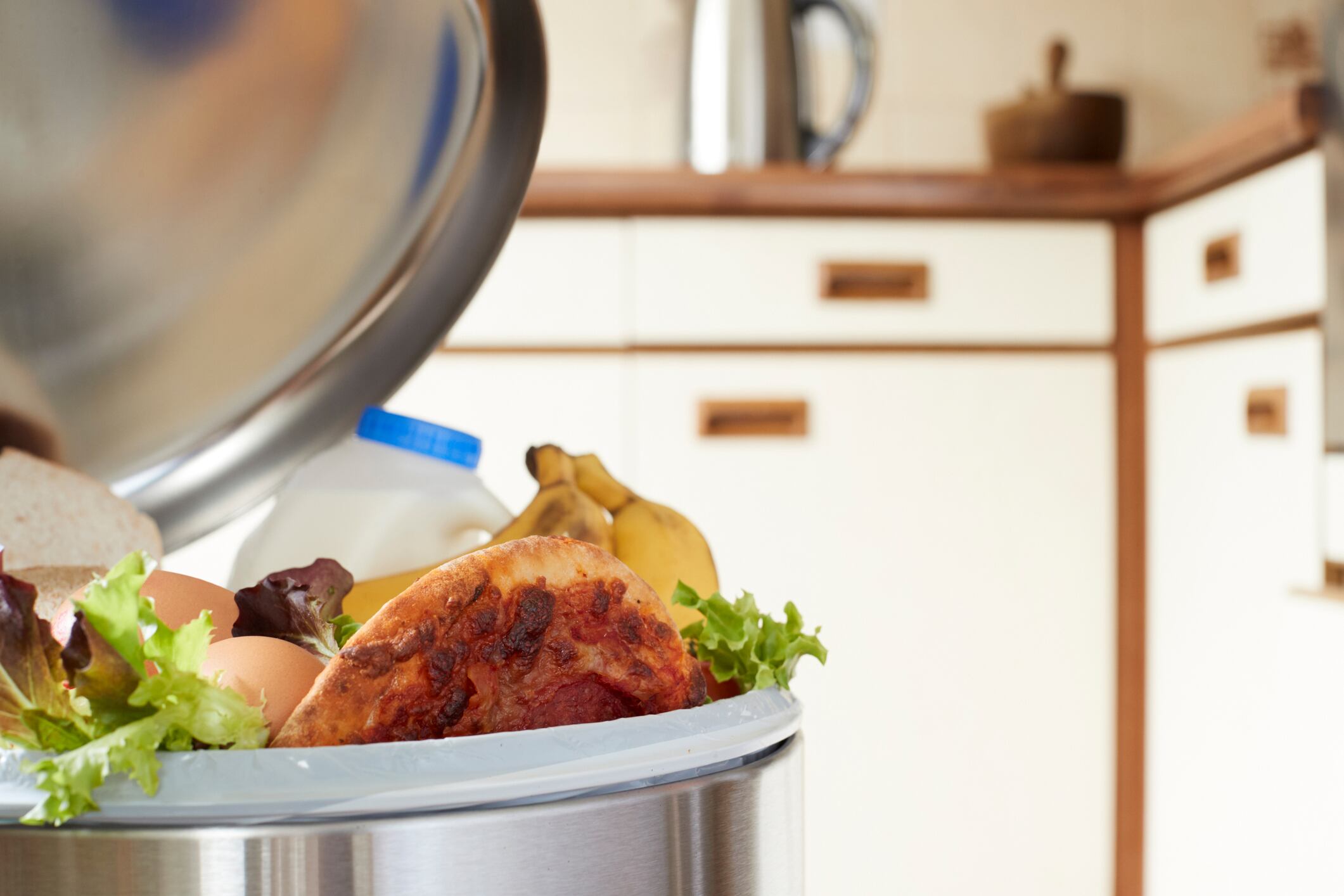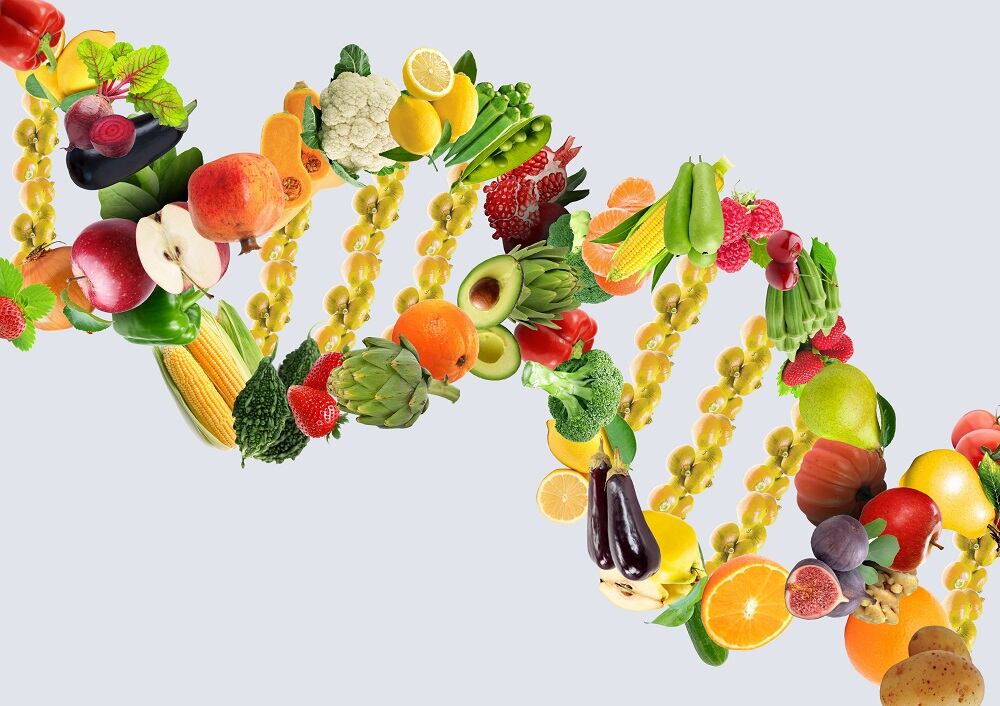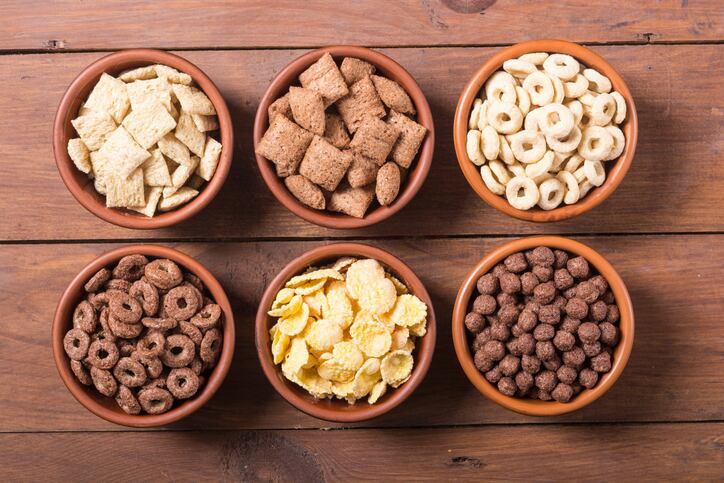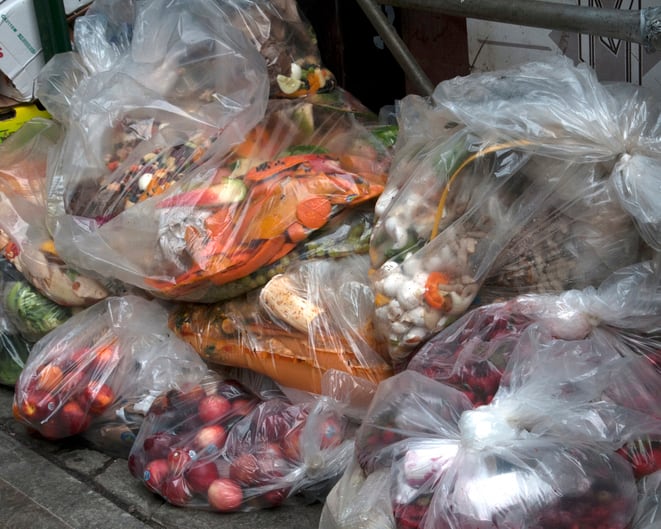Law No. 30988, sponsored by the Ministry of Agriculture (Minagri), promotes the design and implementation of strategies to improve efficiency at all stages of the food supply chain, from initial agricultural production through final household consumption.
Passed by congress in July, the regulation entered into force this month, giving Minagri and the Multi-sectoral Commission on Food and Nutrition Security a period of 30 days to develop guidelines for specific food loss prevention and reduction actions.
“We have to work in coordination for food security and sustainability, with efficient, well-managed and sustainable food systems to end hunger and malnutrition, as well as to protect the environment and improve long-term food production capacity,” said the María Elena Rojas, Peru’s Deputy Minister of Agricultural Policies.
From production to retail
According to the Food and Agriculture Organization’s 2019 State of Food and Agriculture report, 14% of the food produced globally is lost from post-harvest up to, but excluding, the retail stage. In Latin America and the Caribbean, these losses are estimated at 12%, equivalent to approximately 220 million tons of food and 16% of the global carbon footprint due to food losses.
Since 2018, Minagri and the FAO have been monitoring staple foods - including potatoes, tomatoes, bananas and fish - in the production, post-harvest, storage and transportation phases to contribute to a global food loss indicator.
Understanding critical loss points will also help inform concrete actions to implement sustainable farming and food management practices, as well as improve the scientific and technological capacities of food loss and waste researchers.
Reducing retail and consumer waste
Peru has already implemented strong regulations to improve waste recovery, passing laws that make the donation of food in good condition mandatory as of 2019 and allowing companies to deduct the expenses for the food they donate.
These represent significant victories for organizations like the Food Bank of Peru, which says that “2.8 million people suffer from food insecurity, while 33% of the food produced (5 to 9 million tons) is discarded, an amount that could feed 2 million Peruvians.”
Since 2014, the organization has been working with producers, marketers and distributors to collect food that has lost its commercial value due to close to expiry, labeling, aesthetic or surplus issues but remains fit for human consumption. It has recovered 6,000 tons of food to feed 150,000 people in the last five years.
Coordinated efforts at this end of the food chain will now focus on expanding successful experiences at the national, regional and local levels and increasing awareness in the private sector and among consumers about how to prevent and reduce waste.




